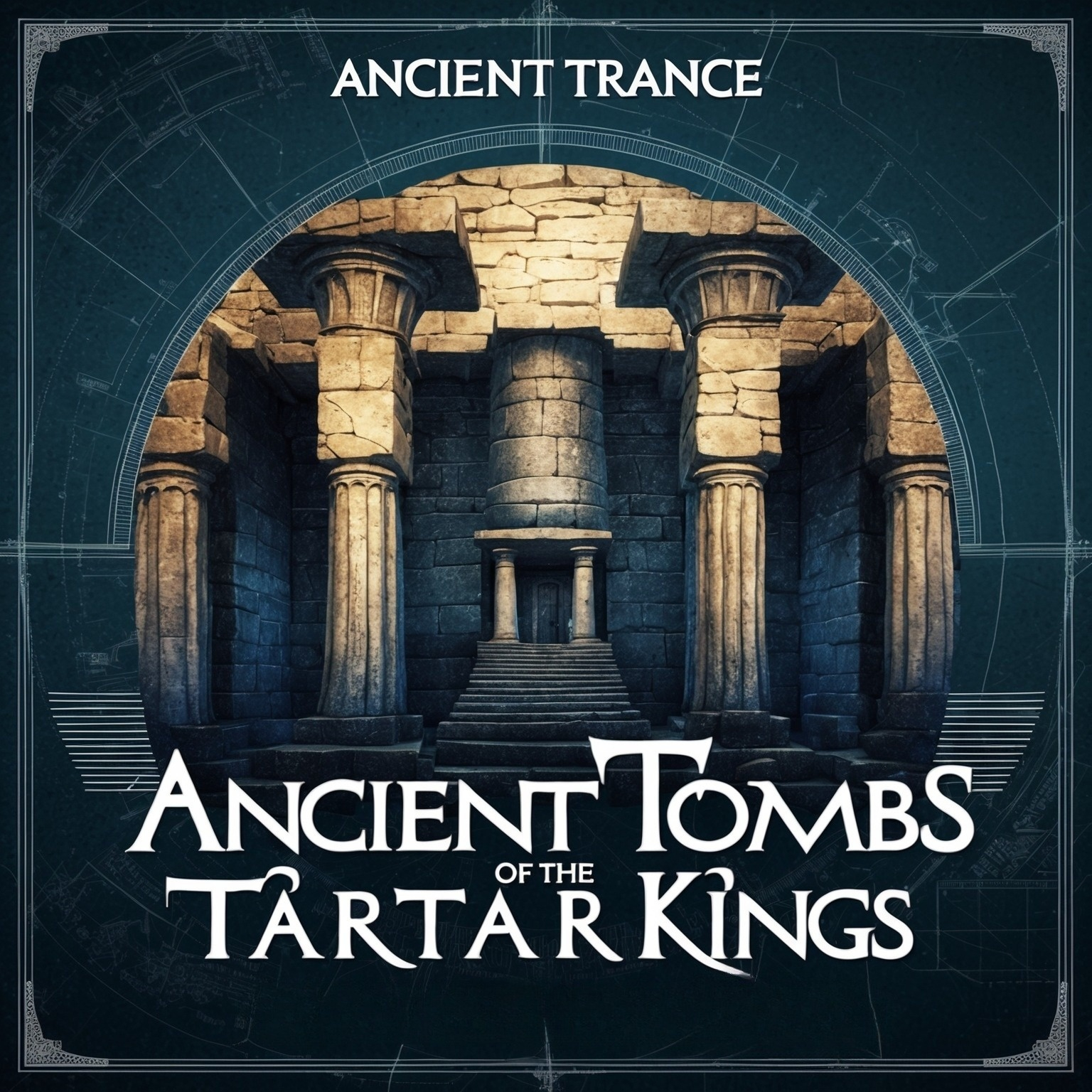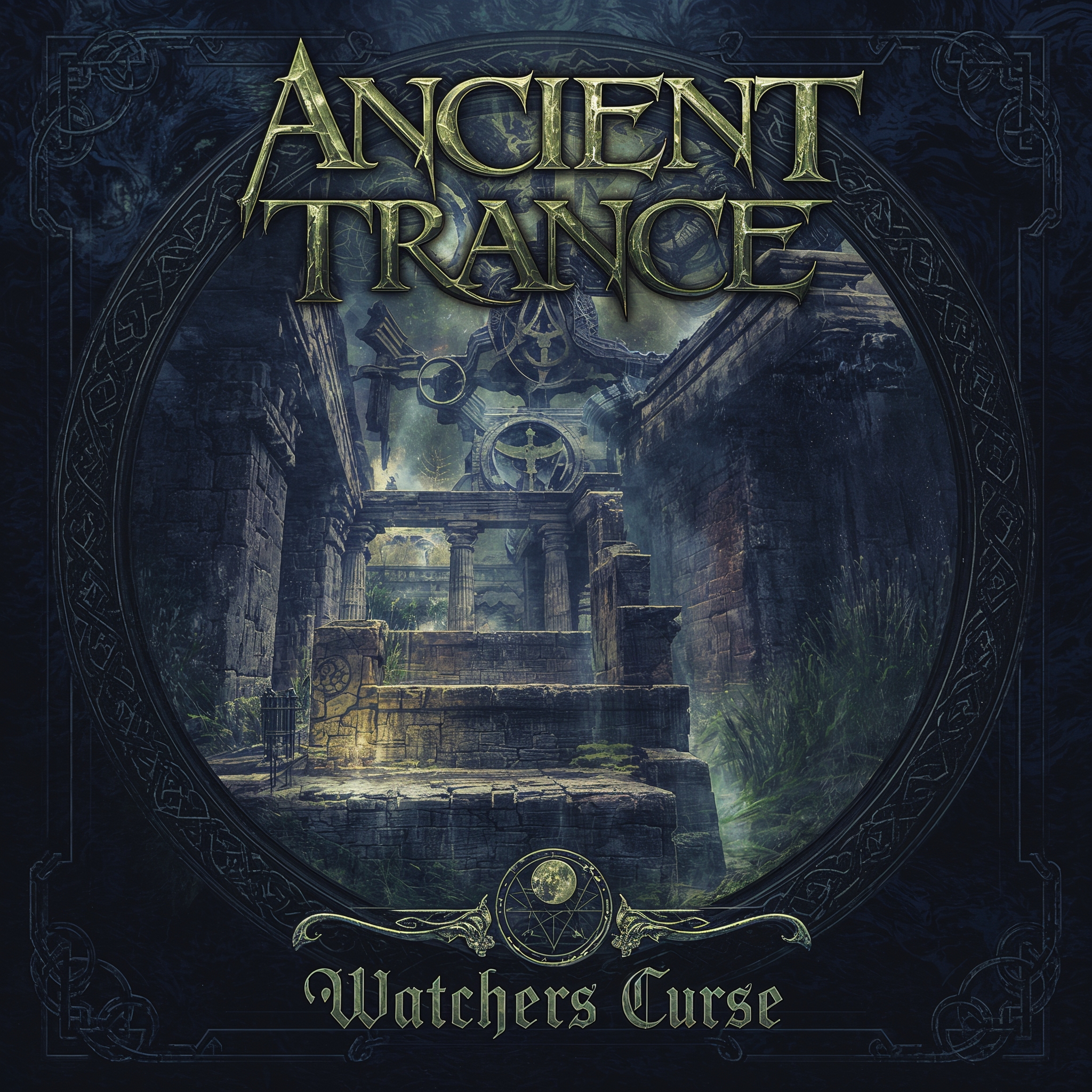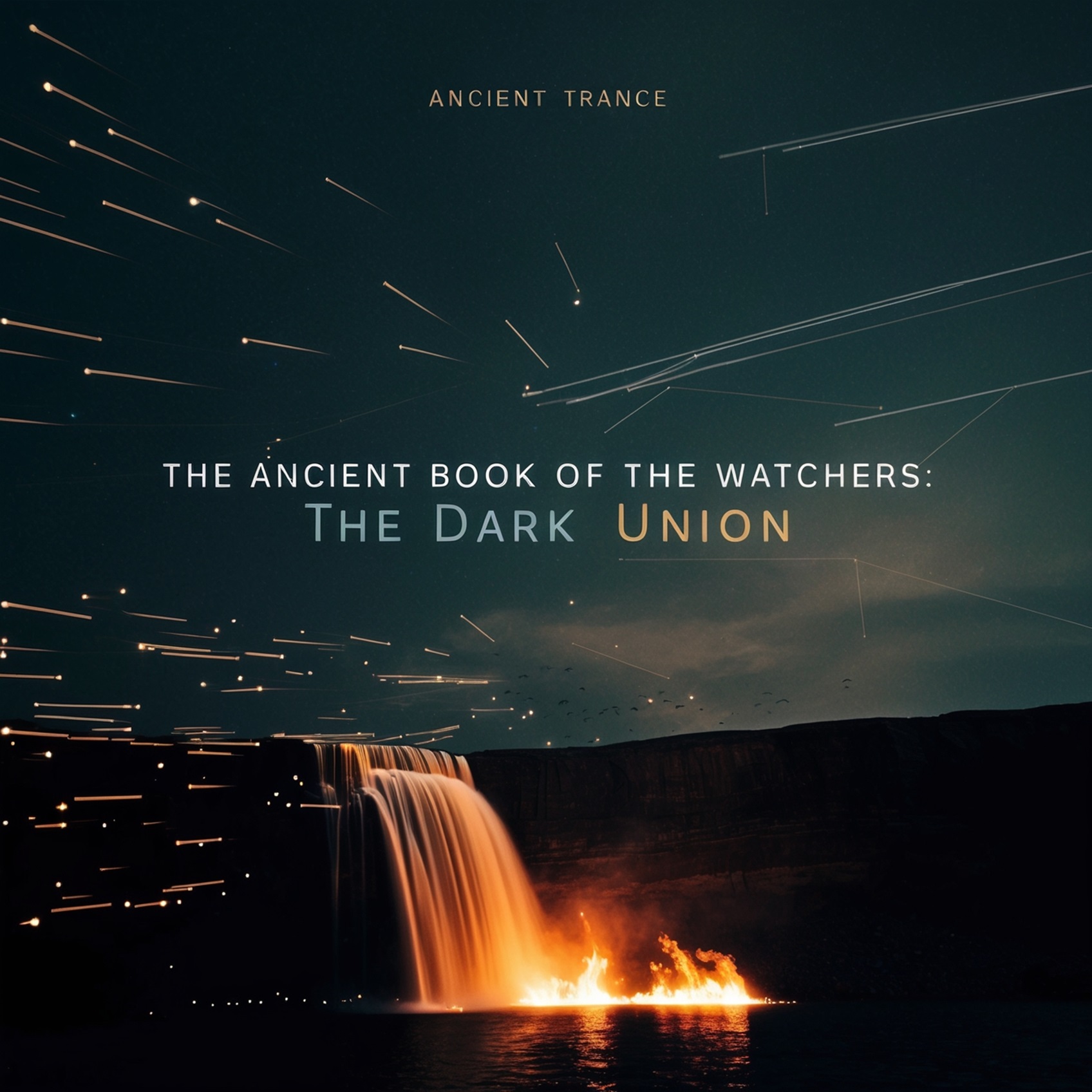Smashwords · Military Thriller · Series 1
Operation
Deep Clean
It is not clean. It was never going to be. Dirk Lasher's most brutal assignment yet.
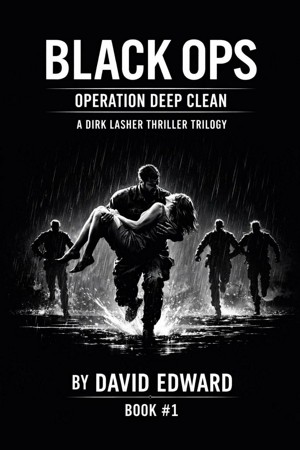
Frequency99 International Publisher
Pushing boundaries. Defining perspectives. Telling stories that matter. In print, in prose, and in sound.
↓ Scroll to exploreSmashwords · Military Thriller · Series 1
It is not clean. It was never going to be. Dirk Lasher's most brutal assignment yet.

Smashwords · Military Thriller · Series 2
A rogue special ops unit. A sinister coup. Dirk Lasher thrust into a deadly game of cat and mouse where trust is as elusive as survival.
Smashwords · Military Thriller · Series 3
Islands of depravity. One man willing to sacrifice everything. How much can Lasher witness and still hold on to his soul?
Smashwords · Thriller · Dirk Lasher Prequels
1970s South Florida. Gators, gangsters, and swamp justice. You'll think you know who Wade Clay is. You don't.


Smashwords · Supernatural Western Horror
Cormac McCarthy grit meets ancient creeping dread. Corruption, vengeance, and the thin line between justice and damnation.


Smashwords · Military Sci-Fi Horror
The origin of everything: the world, the war, the philosophy. A dark relentless saga of war, betrayal, and an empire forged in desperation.
Smashwords · Comedic Philosophical Noir
Pratchett's humanism. Adams's cosmic absurdity. Block's hard-boiled resilience. Gronk is a caveman. Gronk is a detective. Gronk does not ask for any of this.



Smashwords · Hard-Boiled Noir · 1920s Miami
Miami, 1920s. The city smells like three-day-old clams and broken promises. Bishop's philosophy: don't get involved. It never works.



Amazon Exclusive · Military Sci-Fi
The Florida Campaign. Ten books returning to the gritty, tactical roots of Nowlan's 1928 classic. No space opera. Just resistance, liberation, and the brutal cost of war.
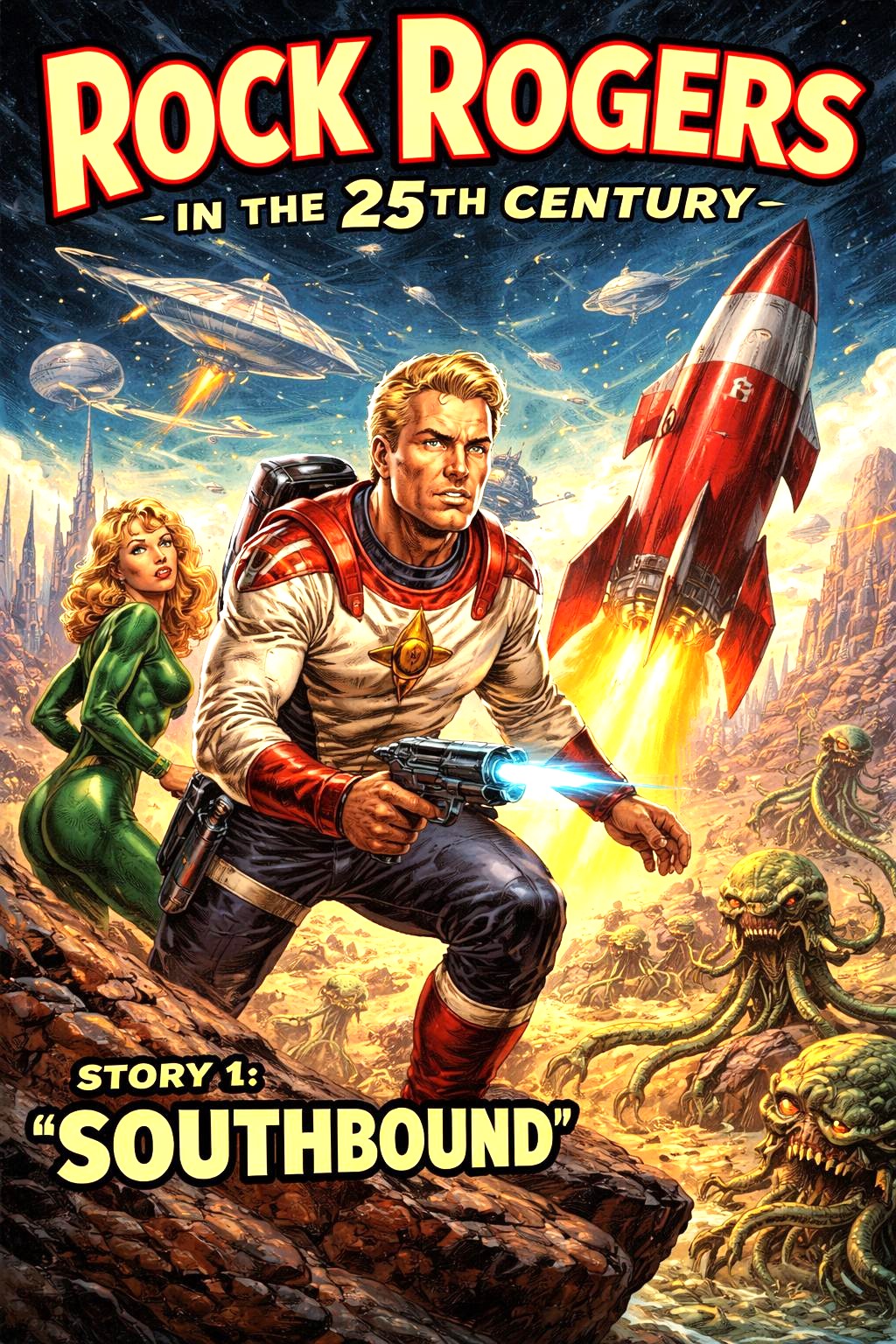
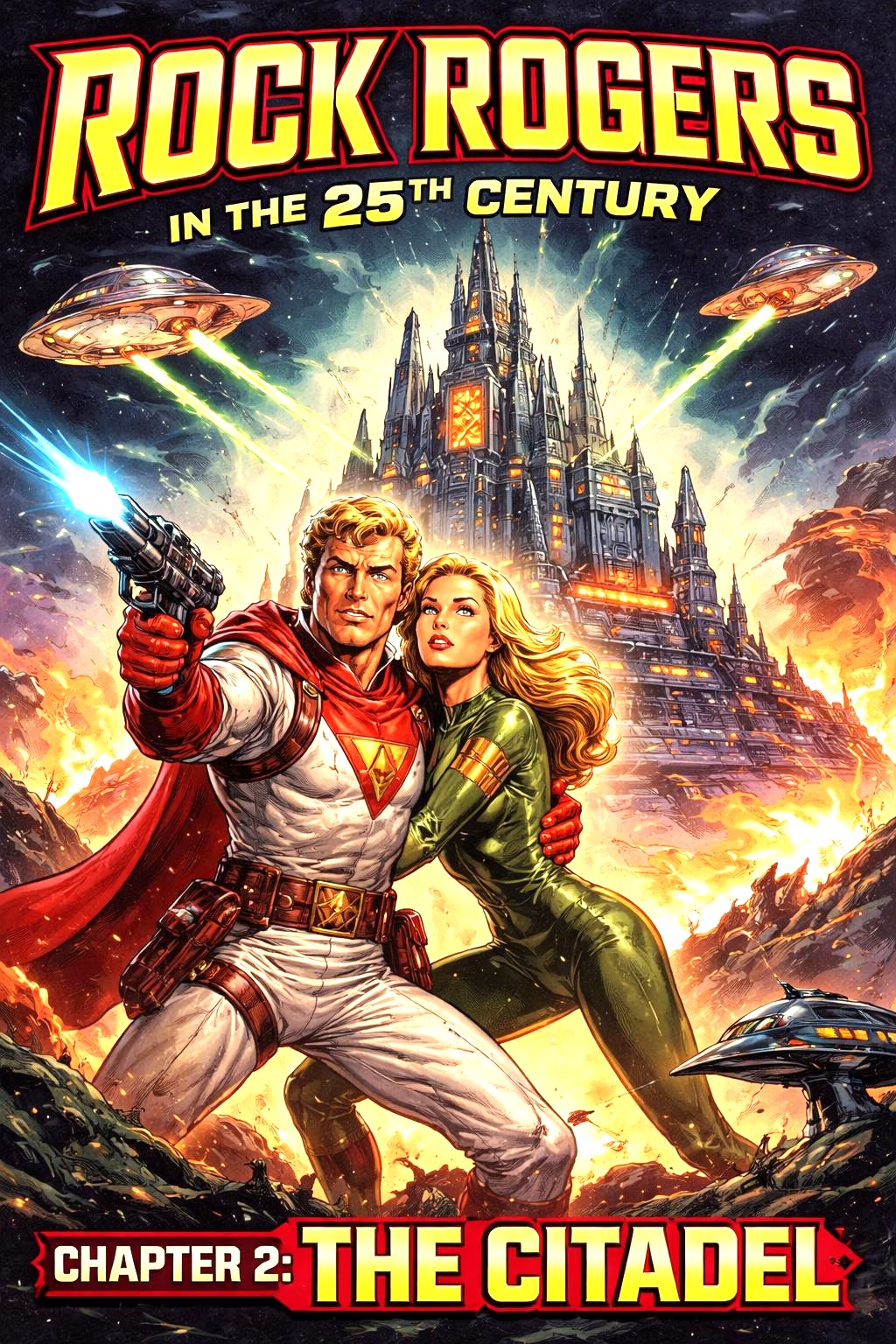
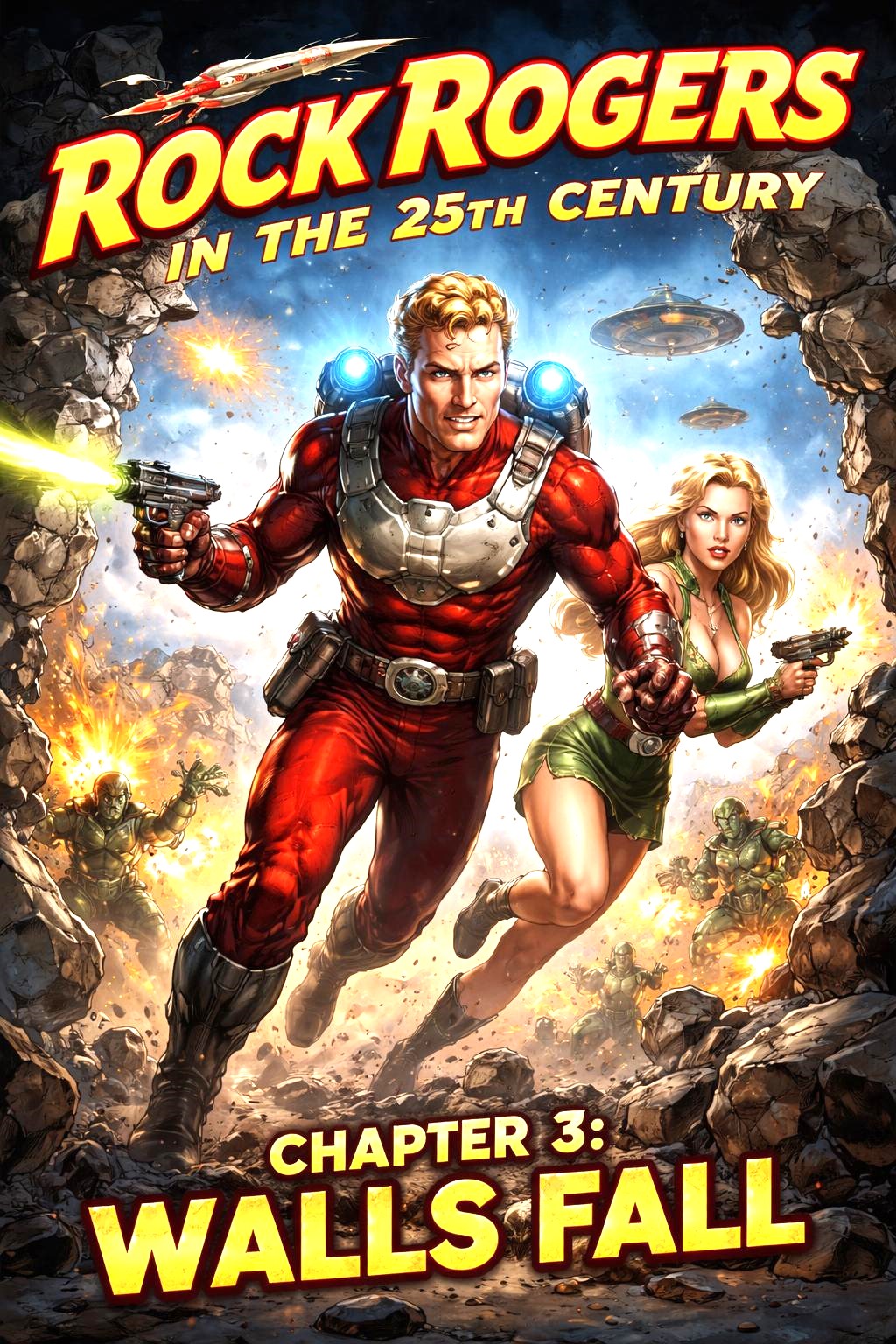
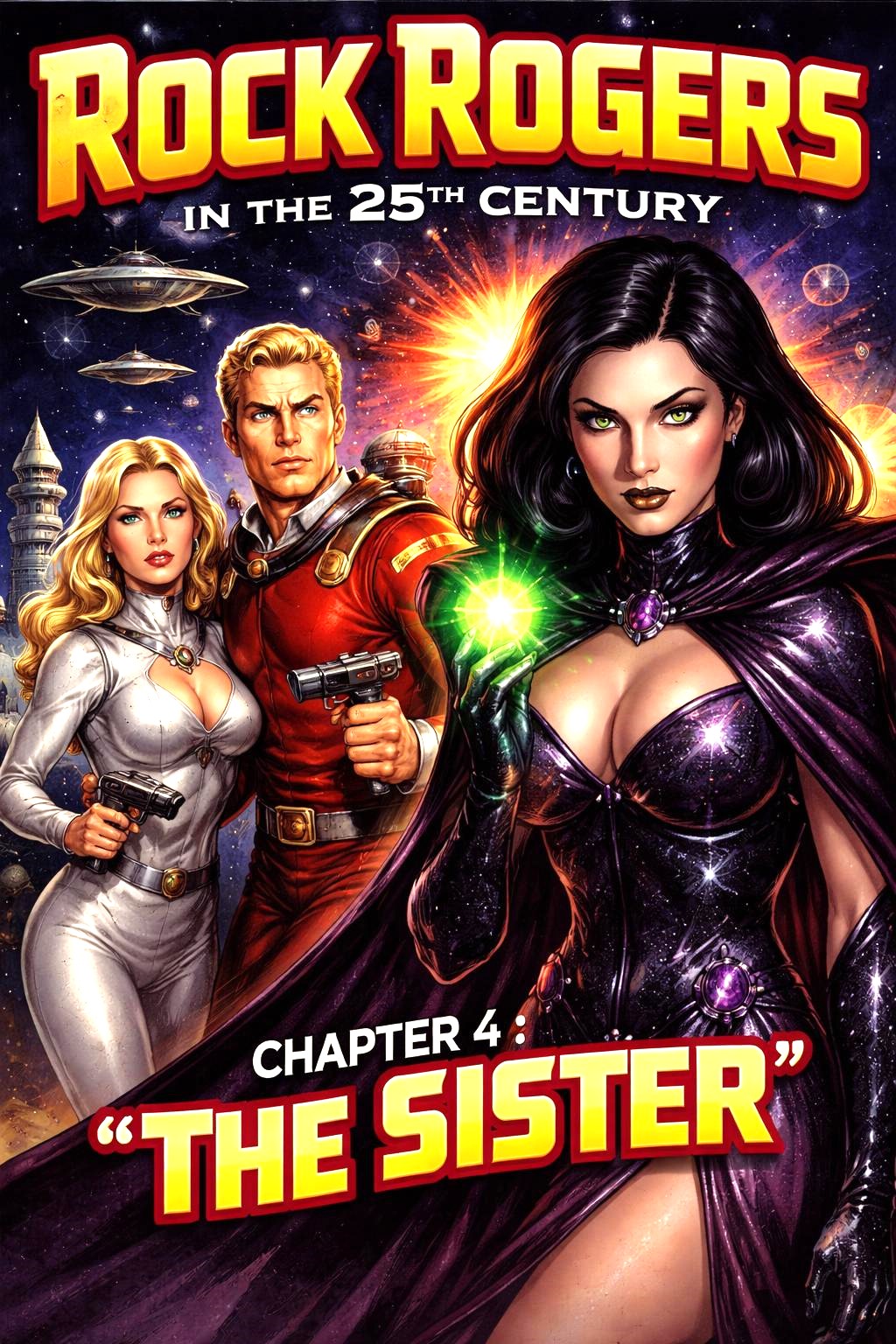
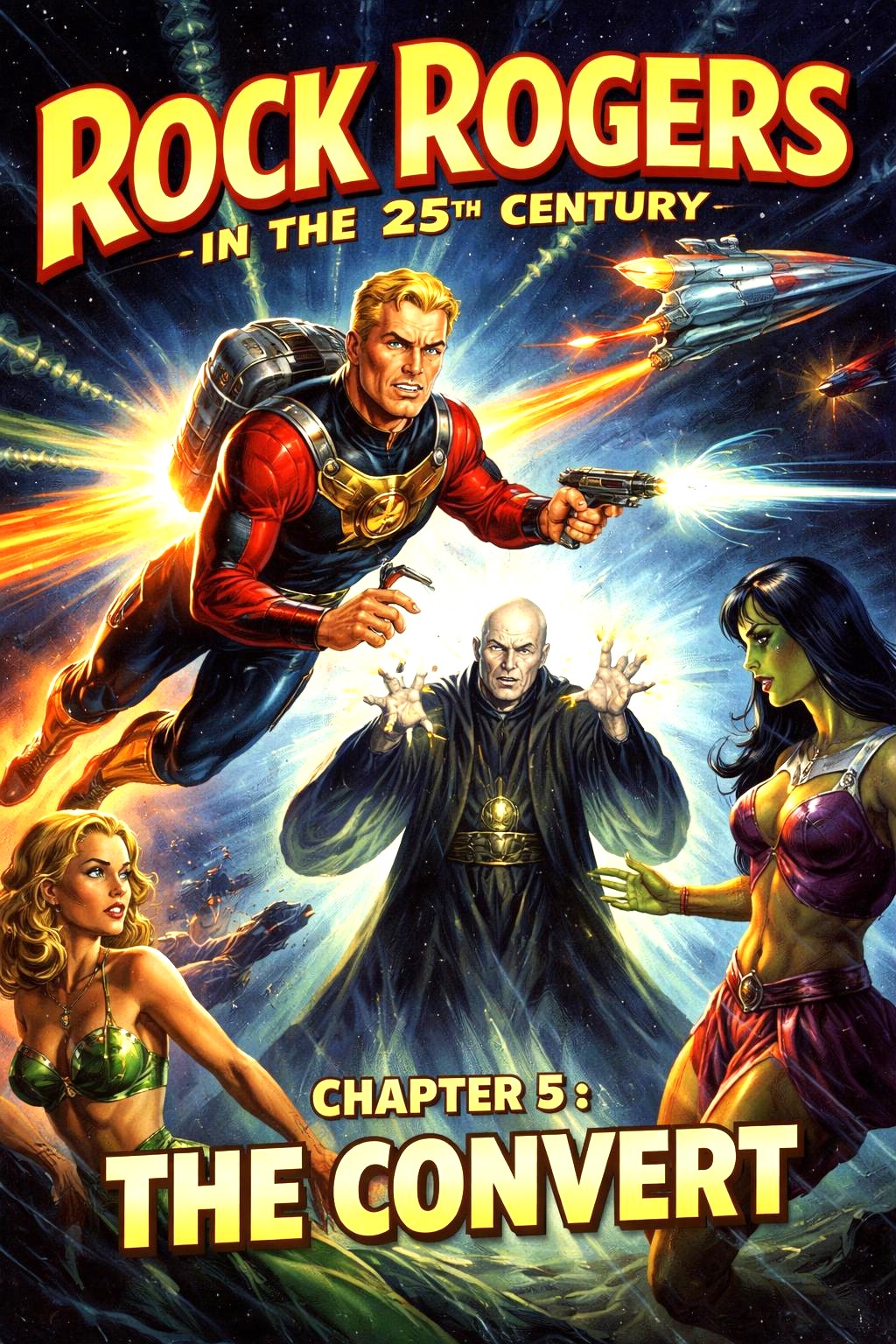
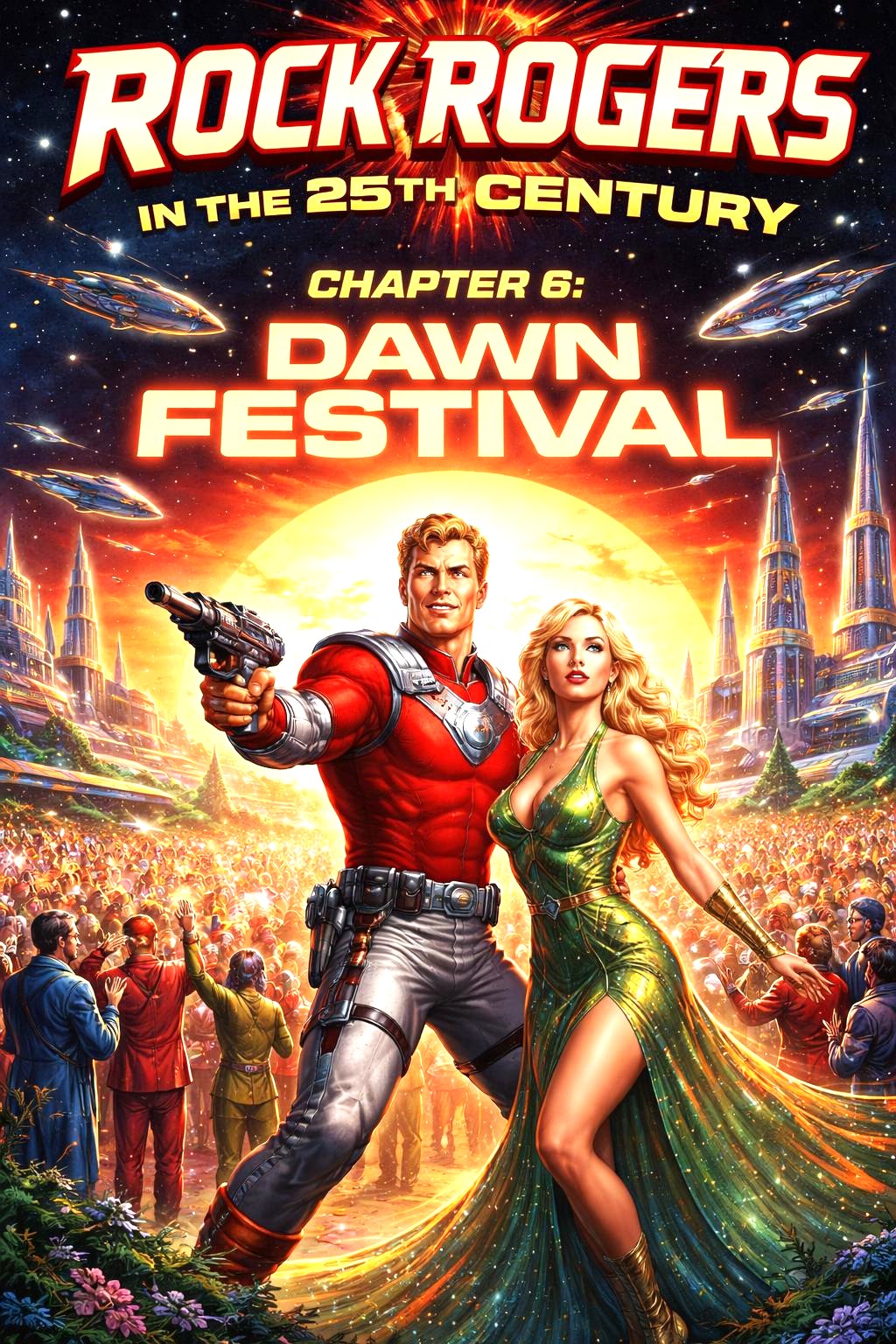
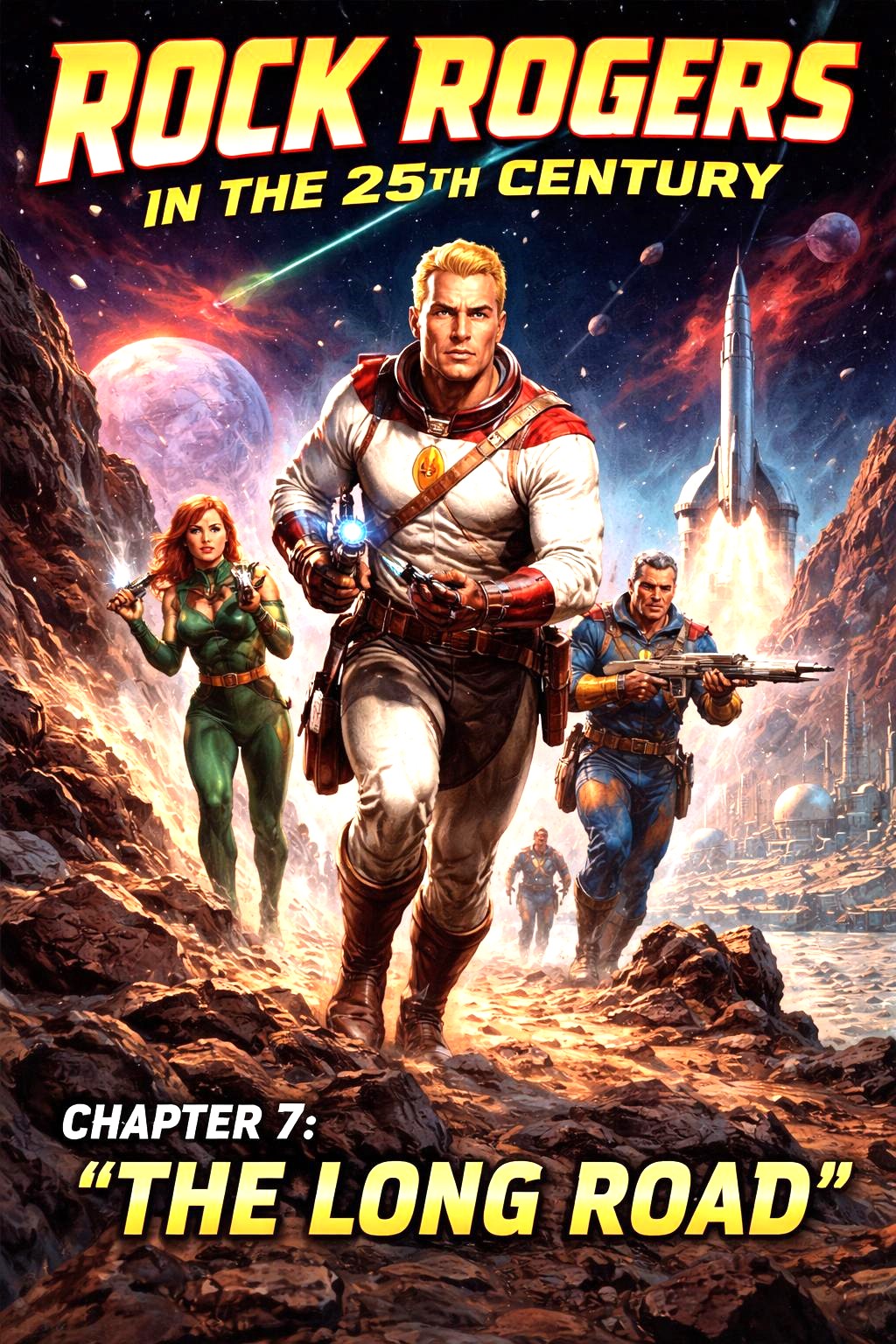
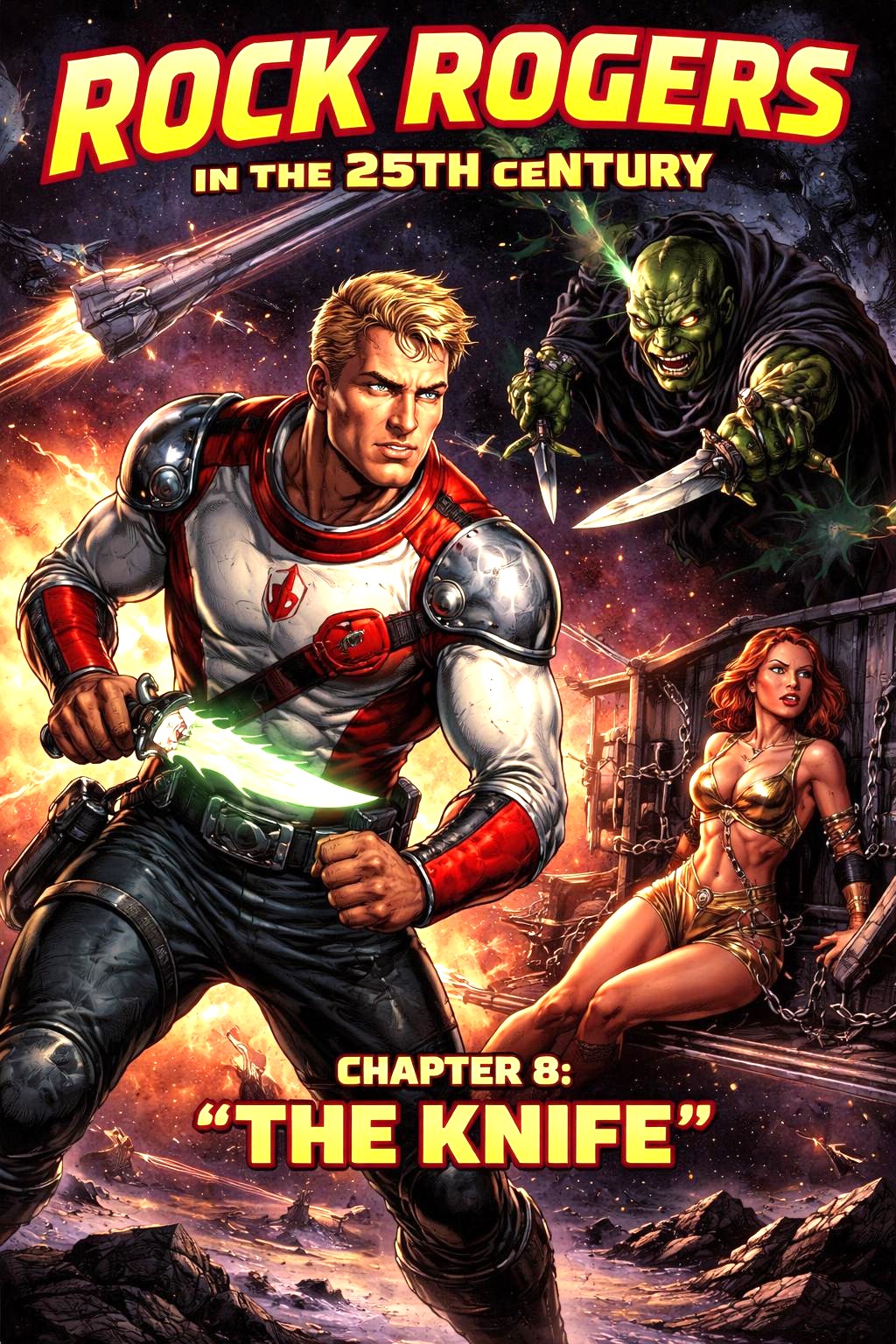
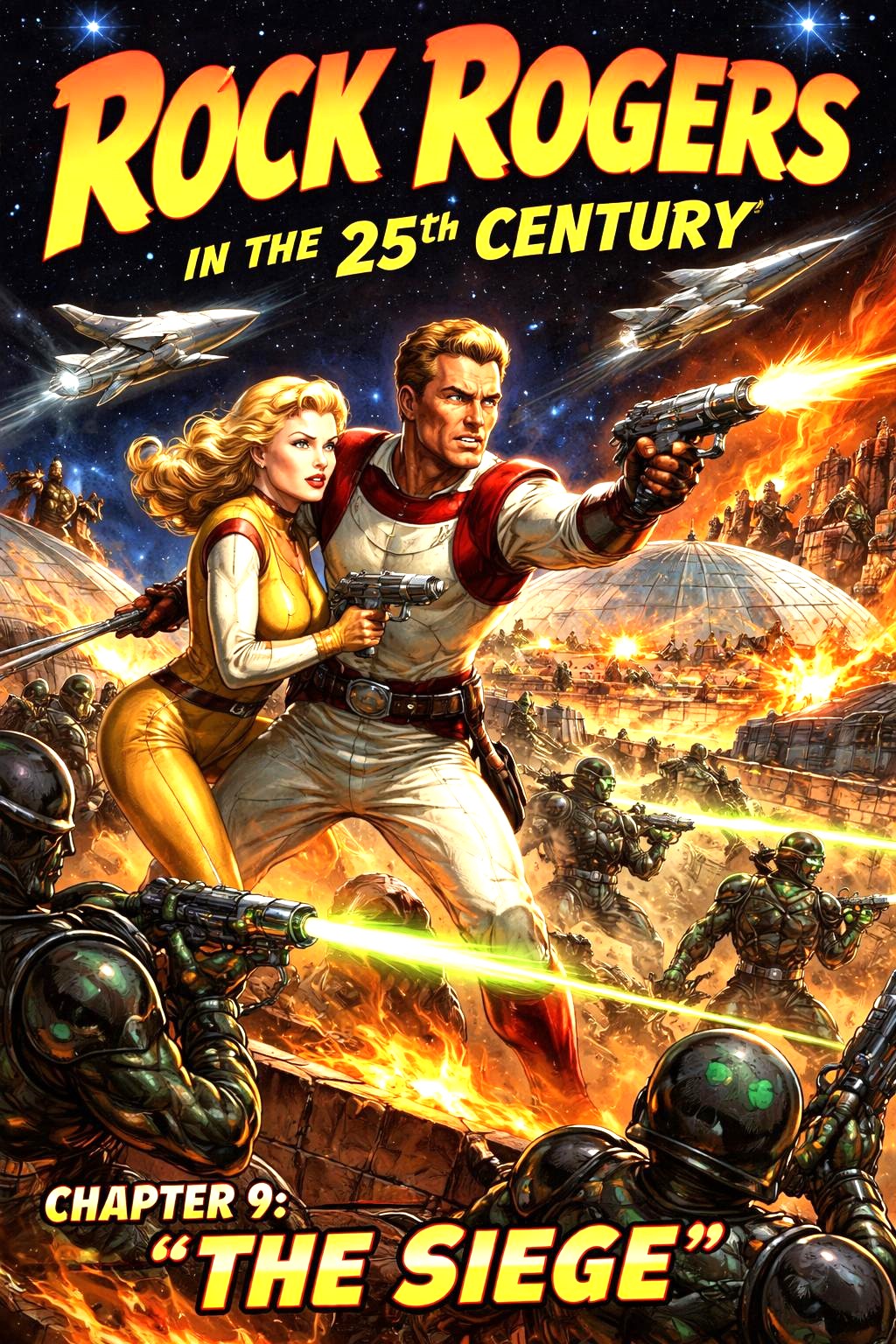
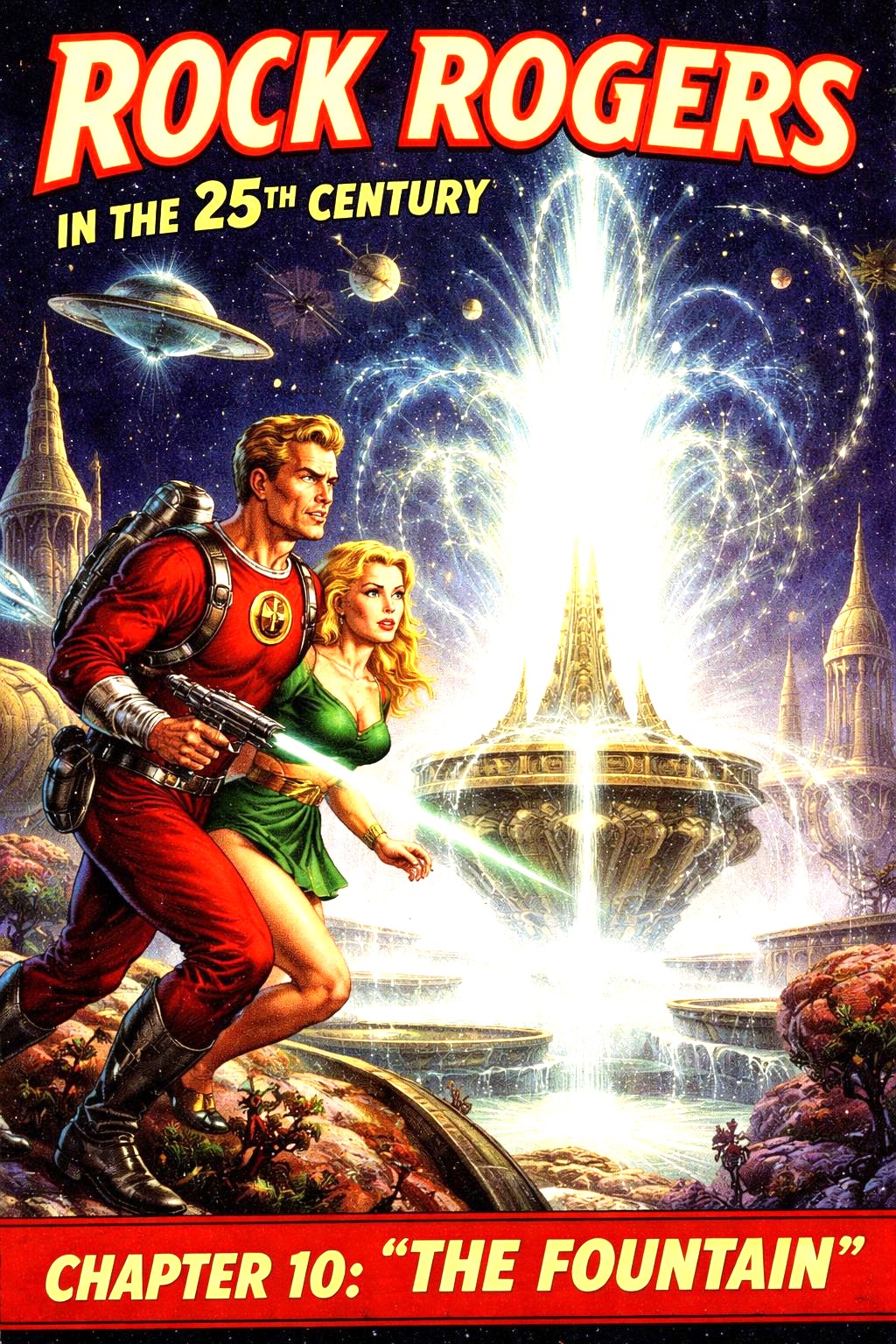
EDM Christian · Ancient Trance · Bandcamp
Nine albums bridging ancient scripture with modern EDM — from apocalyptic trance anthems to the Book of JOB. Stream or download on Bandcamp.
